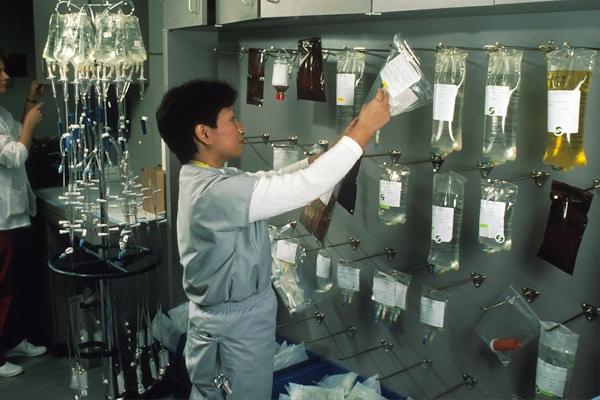A cancer diagnosis can be one of the most challenging situations anyone could face. Feelings of fear, shock, and uncertainty often accompany the news, and the journey ahead may seem daunting. But it’s important to remember that even in the face of such adversity, there are ways to navigate this journey with strength, resilience, and hope. This article aims to provide practical tips and strategies that can help individuals and their families manage a cancer diagnosis.
Maintain Normalcy with Fun Family Activities
When cancer enters your life, it can feel as if everything familiar has been replaced with the unfamiliar. To counter this, strive to maintain a semblance of normalcy. One effective way is to engage in family fun activities. A simple family movie night, a day out at the park, or even a quiet evening playing board games can make a world of difference.
These activities not only offer a much-needed distraction from the medical routine but also provide an opportunity for emotional bonding. They help cultivate joy and positivity, reinforcing the fact that despite the diagnosis, life can and does go on. These shared experiences create beautiful, cherished memories that can be a vital source of comfort and strength during challenging times.
Explore Advanced Cancer Treatment Options

Modern medicine is continuously evolving, and with it, the development of advanced cancer treatments. It’s essential to stay informed about the latest treatment options available. Understandably, the medical jargon can be overwhelming but don’t hesitate to ask your healthcare team for explanations. It’s crucial to know about your specific type of cancer, potential treatment options, and their side effects.
Consider joining cancer support groups or online forums where you can connect with people who are facing similar experiences. These platforms often provide real-world insights into how different treatments work, helping you make informed decisions. And remember, it’s completely within your rights to seek a second or even third opinion if you feel it’s necessary.
Prioritize Your Mental Health
Cancer’s impact is not limited to the physical body; it extends to mental and emotional health as well. Thus, prioritizing mental health becomes as crucial as managing physical health. Acknowledge your feelings and emotions, and don’t shy away from seeking professional help. Therapists or counselors specializing in chronic illnesses can provide invaluable support. Practices like mindfulness and meditation can also be useful tools for managing stress and anxiety, helping you stay present and focused amidst the chaos.
Build a Support Network

The journey through a cancer diagnosis can be long and arduous, and having a strong support network can be your lifeline during this time. This network can include family, friends, healthcare professionals, and fellow cancer patients or survivors. They can provide emotional support, practical help, or simply be there to listen when you need to talk. Sharing your experiences and feelings with others can lighten the emotional burden and provide a sense of connectedness and community.
Practice Self-Care
Self-care is paramount when dealing with being diagnosed with cancer. Listen to your body and give it what it needs. This could mean ensuring you get enough rest, maintaining a balanced diet, staying hydrated, or engaging in gentle exercise. Remember, it’s okay to take time for yourself, to rest and recuperate. You are not being selfish; rather, you are equipping yourself better to handle the challenges that lie ahead.
Overall, being diagnosed with cancer is undoubtedly a difficult and life-altering event. However, by engaging in family activities, staying informed about advanced cancer treatment options, prioritizing mental health, building a robust support network, and practicing self-care, you can navigate this challenging journey. Remember, you are not defined by your diagnosis. There will be tough days, but there will also be good ones. Embrace the support of your loved ones and the medical professionals around you.





